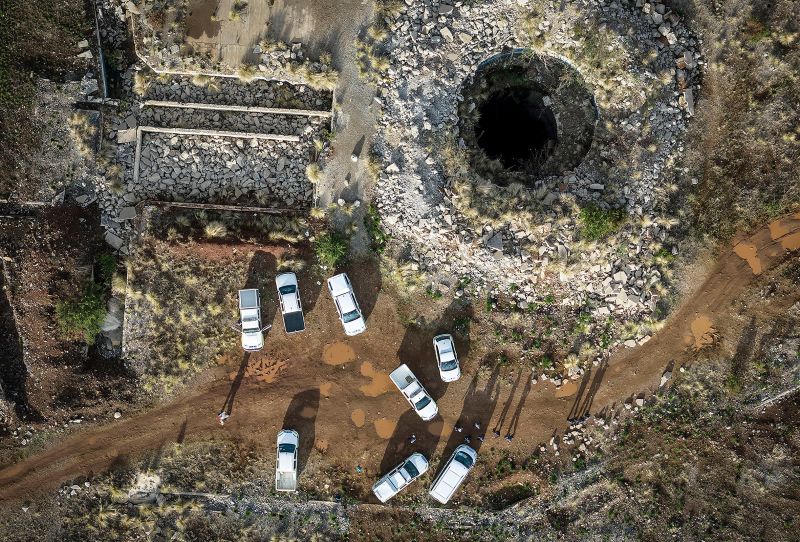The South African government has recently taken a firm stance against illegal mining activities, declaring it will not assist an estimated 4,000 miners stuck within a decommissioned mine. This news has sparked intense debate among human rights groups, local communities, and policy makers regarding the adequate response to such a precarious scenario.
Illegal mining is a rampant issue in South Africa, with thousands taking immense risks daily to make ends meet. It operates outside the confines of the regulatory system, putting the miners’ lives and the environment in grave danger. The situation has only worsened amidst the economic hardships brought about by the COVID-19 pandemic.
The case of the 4,000 miners who have ventured into a decommissioned mine attests to this problem. Trapped within the hazardous confines of the mines with minimal resources for survival, they embody the desperation that drives many to the difficult world of illegal mining.
Despite the palpable humanitarian concern, the South African government has staunchly refused to intervene. They argue that coming to the aid of the miners would send a wrong signal, indirectly endorsing illegal mining and encouraging more individuals to partake in this dangerous endeavor.
The government’s viewpoint is predicated on the need to maintain rigorous mining regulations and the rule of law. South Africa, rich in mineral resources, has established a comprehensive legal framework to govern its mining sector. This framework seeks to ensure safe working conditions for miners, prevent environmental degradation, and drive economic growth. Assisting illegal miners, according to the authorities, would undermine these ambitions.
Nevertheless, this stance has garnered sharp criticism from human rights activists and various non-governmental organizations. They maintain that while the broader issues of illegal mining need addressing, the immediate humanitarian crisis demands action. Critics urge the government to distinguish between the socio-economic factors driving illegal mining and the immediate risk to human lives.
The government’s refusal to help the miners underscores the urgency of curbing illegal mining in the country. However, it also prompts a wider conversation about the measures necessary to protect the most vulnerable. It calls upon the South African government to not just enforce law and order, but also to assume responsibility and address the underlying socio-economic issues driving the scourge of illegal mining.
Furthermore, it raises significant questions about sustainable mining practices and whether the current system truly delivers on its promise of shared prosperity. The trapped miners represent a marginalized section of society for whom illegal mining appears to be the only available means of survival. This scenario necessitates an examination of the regulatory framework to ensure that it truly serves the welfare of all South Africans, not just the economic interests of a few.
In response to the rising discontent and the growing international attention towards this issue, it remains to be seen whether the South African government will revise its stand. Until then, the fate of these 4,000 miners hangs in delicate balance, embodying the human cost of an economic and regulatory paradox.




